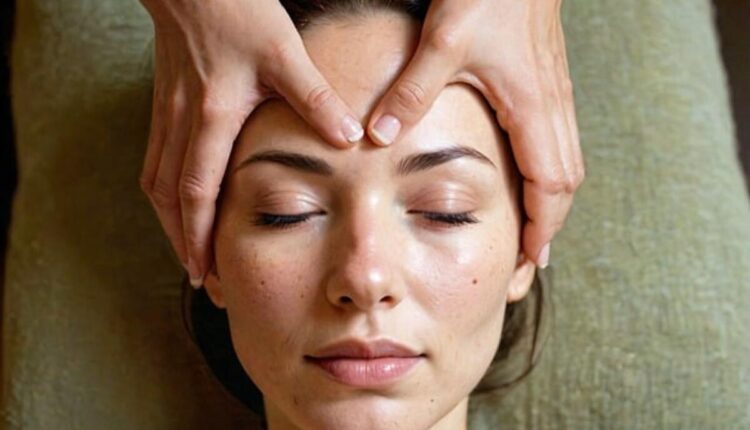Continuous Positive Airway Pressure (CPAP) therapy is a widely recognized treatment for individuals suffering from obstructive sleep apnea (OSA). Sleep apnea is a condition where the airway becomes partially or completely blocked during sleep, leading to interruptions in breathing. These interruptions can cause fragmented sleep, reduced oxygen levels, and increased risks of severe health problems such as hypertension, heart disease, and stroke. CPAP therapy provides a non-invasive, effective solution to alleviate these symptoms and improve overall health. What do you consider about CPAP.
What is CPAP?
CPAP stands for Continuous Positive Airway Pressure. It is a device that delivers a steady stream of air pressure through a mask worn over the nose, mouth, or both during sleep. This constant airflow keeps the airway open, preventing obstructions and allowing for uninterrupted breathing. CPAP therapy not only improves sleep quality but also significantly reduces the risks associated with untreated sleep apnea.
How CPAP Therapy Works
The CPAP machine consists of three main components: the device itself, a mask, and a hose that connects the two. The machine generates pressurized air, which is delivered through the hose to the mask. The air pressure is calibrated to the patient’s needs, ensuring the airway remains unobstructed throughout the night.
There are several types of CPAP masks, including nasal masks, full-face masks, and nasal pillows. The choice of mask depends on personal comfort and the severity of the condition. Most CPAP machines also come equipped with humidifiers to add moisture to the air, reducing the risk of dryness or irritation in the nasal passages.
Benefits of CPAP Therapy
- Improved Sleep Quality: By maintaining an open airway, CPAP therapy eliminates the frequent awakenings caused by sleep apnea, leading to deeper, more restorative sleep.
- Reduced Health Risks: Treating sleep apnea with CPAP lowers the risk of cardiovascular diseases, diabetes, and stroke.
- Enhanced Daytime Alertness: Better sleep translates to improved focus, energy levels, and productivity during the day.
- Decreased Snoring: CPAP therapy significantly reduces or eliminates snoring, benefiting both the user and their sleep partner.
Challenges and Tips for CPAP Users
While CPAP therapy is highly effective, some users may experience initial discomfort. Common complaints include mask leakage, skin irritation, or difficulty adjusting to the sensation of pressurized air. To overcome these challenges:
- Choose a mask that fits well and feels comfortable.
- Gradually acclimate to the device by using it for short periods while awake.
- Ensure regular cleaning of the equipment to maintain hygiene and prevent infections.
- Consult a healthcare provider to adjust settings if discomfort persists.
The Importance of Compliance
Consistency is key for CPAP therapy to be effective. Non-compliance can lead to the recurrence of sleep apnea symptoms and associated health risks. Patients are encouraged to work closely with their healthcare providers to address any concerns and optimize their therapy experience.
CPAP therapy has revolutionized the treatment of obstructive sleep apnea, offering a reliable and non-invasive solution for millions of individuals worldwide. By improving sleep quality and reducing the risks of serious health complications, CPAP has become a cornerstone of effective sleep apnea management. If you or a loved one is experiencing symptoms of sleep apnea, consult a healthcare professional to explore the potential benefits of CPAP therapy.
Read also: Browsing through the Future of Healthcare Consulting


